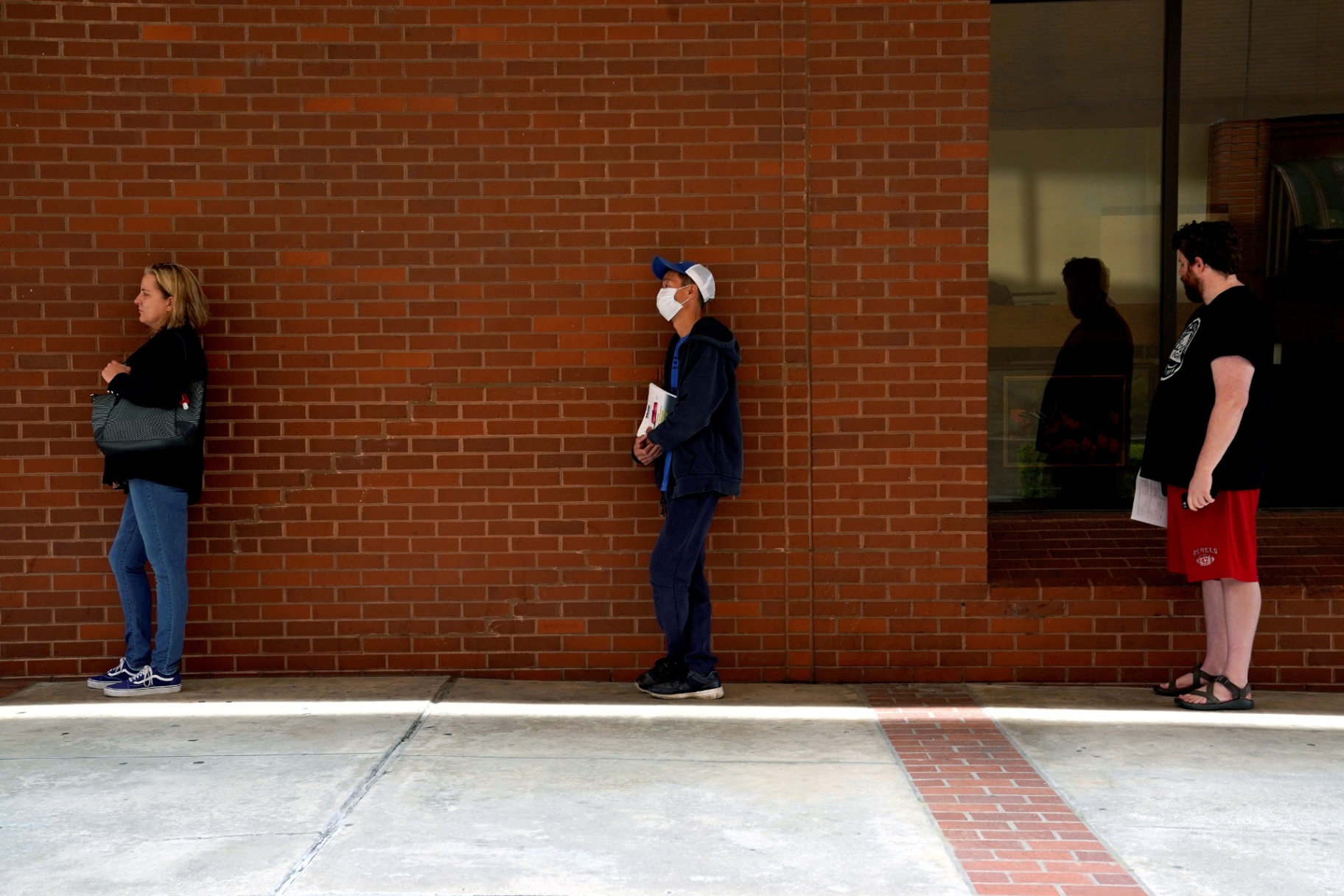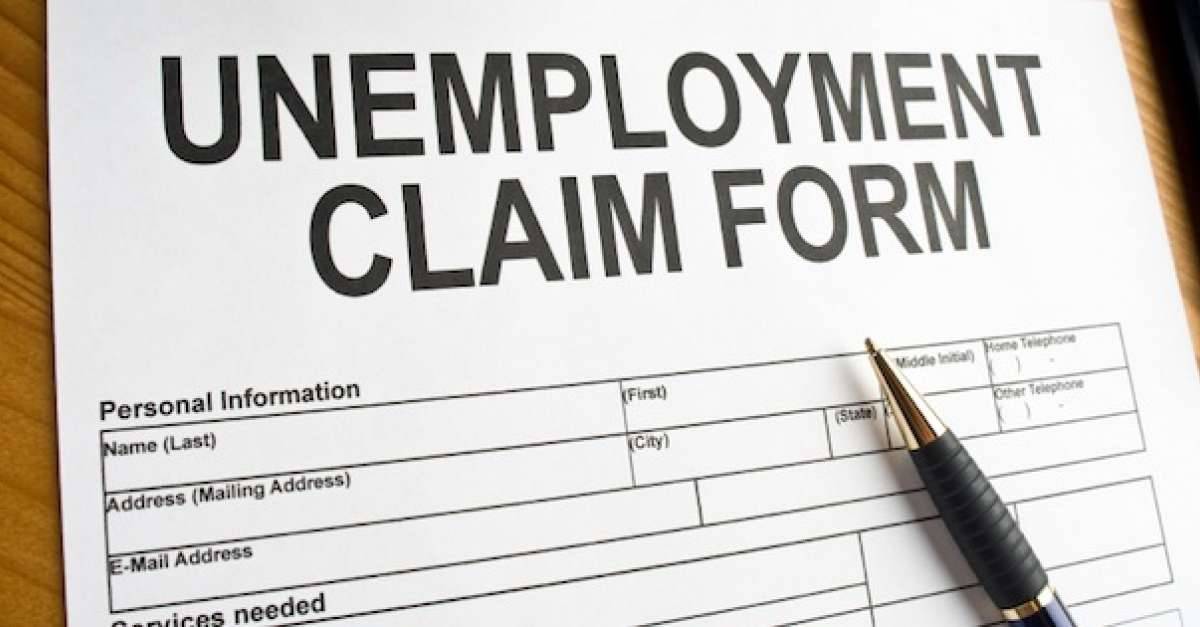The impact of the global pandemic on the US left millions of Americans unemployed. This resulted in record numbers of unemployment insurance claims in the country as people struggled to make ends meet while worrying about the spread of the disease.
In April of last year, the US Department of Labor reported that the number of people who filed for unemployment benefits had exceeded 30 million. While the situation has undoubtedly improved, the unemployment compensation claims remain significantly higher than average claims in 2019.
Let’s discuss what is currently happening with the US unemployment insurance claims, what benefits are offered for those who lost their jobs, and what the government is doing to address the situation. Continue reading to find out more about this topic.
- The Pandemic And Unemployment In The US
- What Should You Know About Unemployment Insurance?
- How To Apply For Unemployment Insurance Benefits
- How Long Will You Receive Unemployment Insurance Benefits

The Pandemic And Unemployment In The US
The onset of the global pandemic in January was immediately followed by a dramatic increase in the unemployment rate.

This increase in unemployment happened as state governments implemented stay-at-home orders to stop the disease from spreading and other pandemic-related factors that affected demand in the US.
The unemployment rate was 14.8% in April but dropped to 6.7% by December of last year. This peak level was the highest rate ever recorded since data collection began in 1948. During the same month, all states and the District of Columbia posted their highest unemployment rates since the Great Recession.
People working in the leisure and hospitality industry were the most affected, with 39.3% of the workers losing their jobs in April 2020. While the overall unemployment rate in December has stabilized to 6.7%, the industry still had a jobless rate of 16.7%.
Unemployment By Sex, Age, And Ethnicity
Younger workers were more affected during the pandemic, and unemployment was particularly higher for women. The unemployment rate for women ages 16 to 19 between February and April 2020 surged by 25.8% to 36.6%, compared to men in the same age bracket with 27.6%.
The gap between the two groups has narrowed by December, with rates falling to 15.5% for young men and 16.5% for young women. However, unemployment for men ages 20 to 24 was slightly higher at 12.1% than women of the same age at 10.1%. Overall, men and women ages 24 to 54 had an equal rate of 5.8% by December 2020.
The unemployment rate for white workers peaked at 14.2%, and Hispanics peaked at 18.9% in April 2020, while blacks peaked at 16.8% and Asians peaked at 15% in May 2020. By December 2020, the rates fell to 6% for Whites, 9.9% for Blacks, 5.9% for Asians, and 9.2% for Hispanics.
What Should You Know About Unemployment Insurance?
With many Americans becoming unemployed since last year, the question you might ask is where they would be getting money for their essential needs. This is where unemployment insurance (UI) comes in.

On March 18th, 2020, then-President Donald Trump signed the FFCR to provide additional flexibility to address the pandemic while the CARES Act was signed into law on March 27, 2020.
UI is a joint program between the federal government and the states to provide cash benefits to eligible workers in the country. These benefits give temporary financial assistance to unemployed workers who lost their jobs for reasons they were not responsible for.
While each state may have separate UI programs, they still adhere to the same guidelines mandated by federal law. However, each state may set its own additional eligibility requirements, benefit amounts, and the duration that the benefits can be availed.
Who Is Eligible To Receive Unemployment Insurance Benefits?
As mentioned above, states may implement additional eligibility requirements for receiving UI benefits. Nonetheless, the basic requirement is for a worker to be unemployed “through no fault of his or her own.” It means that he or she must have been separated from their last job due to the lack of job availability.
Unemployed workers must also meet the work and wage requirements set by the state where they were previously working. They must be able to meet the wages earned or time spent working during the base period. This period usually refers to the first four of the last five completed quarters before filing the UI claim.
A parent may file as a primary caregiver of a child if the child is forced to stay home due to school closure. The parent may be eligible to receive benefits, however, the child must need ongoing and constant attention that renders you unable to perform telework tasks. Mature children who are capable of taking care of themselves are not covered in this situation.
How To Apply For Unemployment Insurance Benefits
Like any other benefits, you must file a claim in the state where you were previously employed to receive UI benefits.

The first step is to contact your state’s UI program as soon as you become unemployed and determine whether you should file in person, online, or by telephone.
If you’re currently living in a different state than the one you previously worked in or if you worked in multiple states during the base period, you can approach your current state’s UI agency about how you can file your claim with other states.
Certain data, such as addresses and dates of previous employment, will be required during filing. You should ensure that all information is accurate and complete to avoid delays in processing your claim. Your first benefit check is expected to arrive between two to three weeks of filing your claim.
What to Do if Your Claim Gets Denied?
Each state UI Program conducts its own eligibility determinations independently. If you get disqualified or denied the UI benefits, you have the right to an appeal. In addition, your employer also has the right to appeal if he/she disagrees with the state’s decision regarding your eligibility.
There are several reasons why your claim may be denied. Depending on state laws, you may receive benefits if you voluntarily leave work under certain circumstances but will be denied if it is without good cause.
You may also be denied UI benefits for being discharged for misconduct. You will not be eligible if you did not actively seek work, refused a suitable work offer, or knowingly provided false information to obtain UI benefits.
How Long Will You Receive Unemployment Insurance Benefits
UI benefits are generally computed based on a percentage of the person’s earnings within the most recent 52-week period of employment. The maximum amount and duration of benefits will be based on the state’s guidelines.

In most US states, you can receive UI benefits up to a maximum of 26 weeks. During times of high unemployment, such as this pandemic, states may opt to give additional weeks of benefits called Extended Benefits.
Remember that UI benefits are subject to federal income taxes and should be reported on your federal income tax return. You may also choose to have the tax withheld by the State Unemployment Insurance Agency.
Maintaining Eligibility For Unemployment Insurance Benefits
All states, in general, require UI beneficiaries to maintain weekly eligibility by filing weekly or biweekly claims via mail or phone. Each week that you claim benefits, you should be able to work, available to work, and actively seek work, as well as report any earnings you made from work during that week of reporting.
State rules may vary regarding the amount of income you may generate while receiving UI benefits. If you accept or decline any job offers, you should report them during that week’s filing. Some local UI claims office or American Job Center may request you to come on a scheduled day and time.
You should comply with the request, or your benefits may be denied due to your absence. Registration with the State Employment Service may be required by some states for UI beneficiaries so that they can help you find new employment.
The Bottom Line
This global pandemic has been a great challenge to workers and their families over the past year. Trying to survive today is something that most of us can’t even imagine prior to last year. It’s a relief that the federal government, in cooperation with the states, ensured that we would be financially supported to weather this pandemic.
Once we’ve overcome this great trial to our nation and the whole world, we’re sure that we would be more appreciative of each and everyone’s work. Being unemployed during this time made us realize how lucky we are to be able to get up in the morning, go to work, and provide for our families.